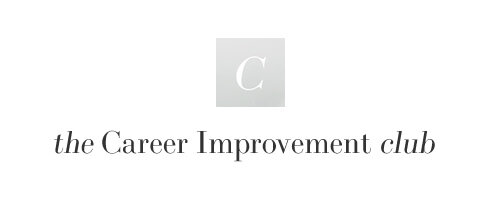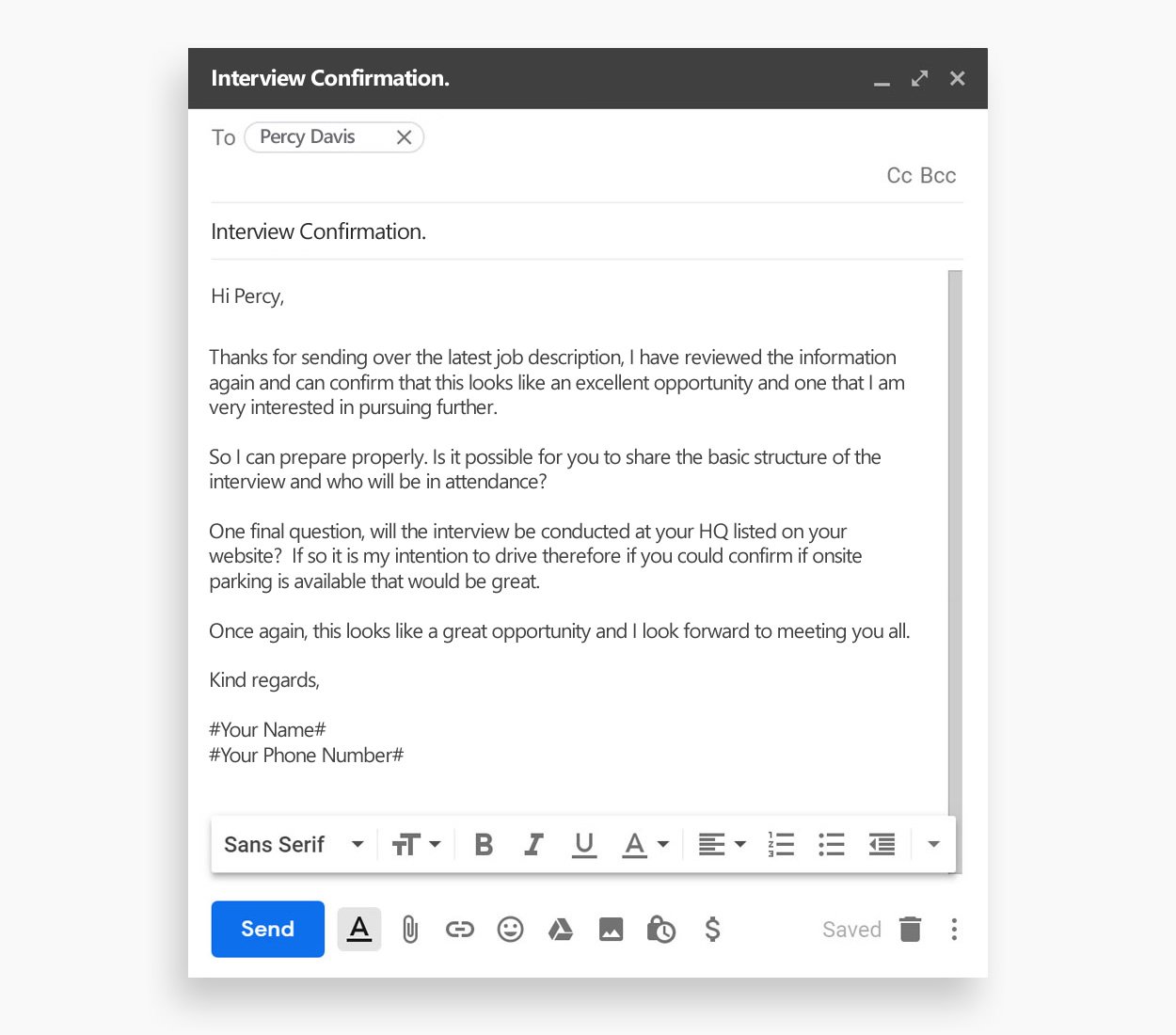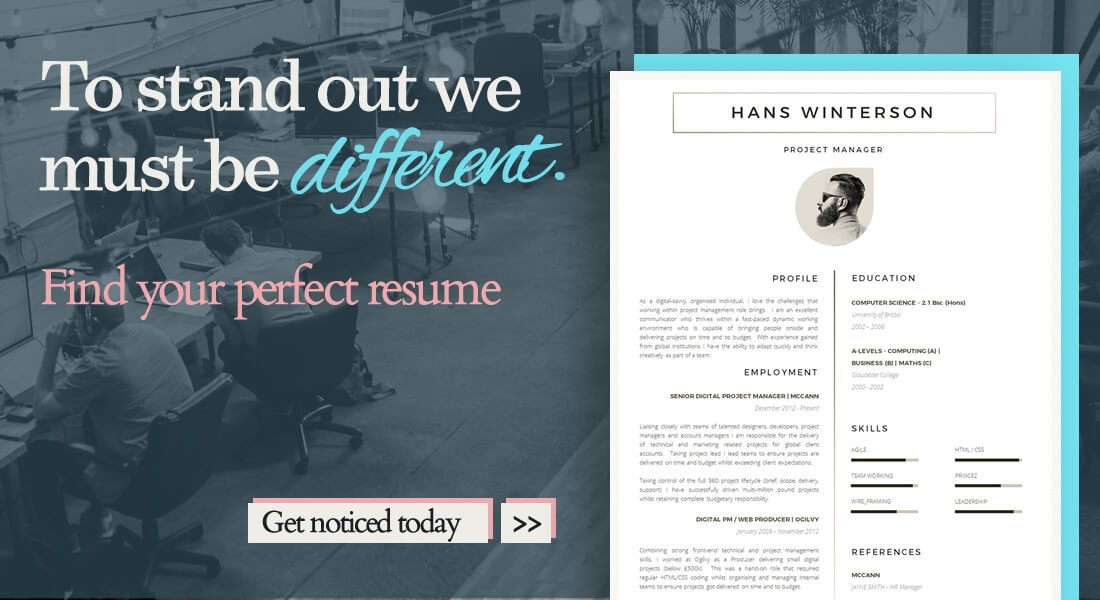How to prepare for a job interview.
Great news, you've secured a job interview, all that time spent updating your resume, searching online and networking has come good. But let's not get ahead of ourselves, the most important bit is still to come... The Job Interview.
Attending a job interview under-prepared is a horrible experience, I've been in enough to see confident candidates slowly unravel in front of me as it's become quite apparent that no time has been spent even conducting the most basic of research. Those who turn up late at least give an early warning sign of what's to come.
But this is not you, you're already doing your research and preparing early (nice one), to help you along we've put together this 10 step process (including free email templates and a free 29 point interview checklist printable) to ensure you go far. So, let's begin...
HOW TO PREPARE FOR A JOB INTERVIEW:
The 10 Steps…
// Ask for a current job description
// Reverify the job opening
// Compose a pre-interview email with questions (template included)
// Research the company
// Research your interviewers
// Practice answering the most common interview questions
// Prepare your introduction
// Prepare an interview presentation (especially if you’ve not been asked for one)
// Prepare smart interview questions to ask during the interview (examples included)
// 29 Point Interview Preparation Checklist (Free Printable)
1. // Ask For A Current Job Description.
Start by ensuring you have all the up-to-date information on the job. It is quite likely that up until now you may only have seen a job advert. A job description is a more detailed and comprehensive list of responsibilities and requirements needed to complete the role.
It is also commonplace for employers to finetune and alter this along the hiring process, so begin by asking for the "current job description". Also known as a job specification.
2. // Reverify The Job Opening.
With the latest information in hand now is a good time to reverify that the position is still right for you. Ask yourself "is this what I am looking for", does it map well with your career development plan (if you've created one).
Searching for a new job is an evolving process of discovery where even in just a short period of time your requirements and expectations can change significantly.
It's OK to attend interviews that aren't quite right for you as it can help clarify your career path, build confidence, and gain interview experience, however if your expectations (or the employers) have evolved too much then it might be to save everyone’s time.
3. // Compose A Pre-interview Email With Questions.
Having reviewed the information and confirmed the role is a good fit for yourself, the next step is to re-confirm your interest with the employer.
Thank the employer for sending through the latest information and declare that you're really interested in the position and that you can't wait to attend the meeting. Use this opportunity to ask important pre-interview questions covering:
Who will be conducting the interview
How long the interview is expected to last
Where the meeting is located
Is onsite parking provided
What structure the interview will take
Will you be required to take a test
Copy / Paste the following template into your new email window:
Hi #Name#,
Thanks for sending over the latest job description, I have reviewed the information again and can confirm that this looks like an excellent opportunity and one that I am very interested in pursuing further.
So I can prepare properly is it possible for you to share the basic structure of the interview and who will be in attendance?
One final question, will the interview be conducted at your HQ listed on your website? If so it is my intention to drive therefore if you could confirm if onsite parking is available that would be great.
Once again, this looks like a great opportunity and I look forward to meeting you all.
Kind regards,
#Your Name#
#Your Phone Number#
4. // Research the Company.
We’re not saying you need to know quarterly results or recent exec appointments, but being able to demonstrate basic company knowledge is important for both having confidence in yourself (being interview ready) which rubs off with employers giving confidence to them (reassuring them you are right for the role).
The Interview Confidence Pyramid (ICP) diagram below explains further:
And, at the very top of the pyramid is where the job offers live:
Interview research will form the backbone of your preparation, here are some ideas to help you source the right information:
// COMPANY WEBSITES
Visit the company website, focus on the company, product, about us and careers pages. Blog pages can also provide interesting team news.
Google the company to discover results spanning awards, achievements, reputation and market position. Use Google search tools and news tab for deeper results.
// LINKEDIN COMPANY PAGES
LinkedIn Company pages are also a good source for concise up-to-date information. Character limits and pre-defined fields ensure businesses feature key information in an easy to digest way.
// YOUR NETWORK
Privately contact your network, put the feelers out amongst trusted contacts and colleagues to discover insight into the company and with any luck an introduction to a current employee.
// GLASSDOOR
Visit Glassdoor to uncover what other employees say about the company, what they are like to work for and what benefits might be on offer. Reviews from employees occupying similar roles to yourself will be of most interest.
Leverage all angles that might give you an advantage over other candidates.
5. // Research Your Interviewers.
An interview with a Company Founder or C-Level Exec is likely to be a different experience than one with an Internal Recruiter or an HR Officer. Knowing your audience will provide good insight into how things are likely to pan out. As a general rule…
Founders love to talk about themselves and their company and will generally ask broader less scripted questions, relying more on gut feeling and character traits.
C-Level Execs / Hiring Managers are typically straight to the point; they are busy people who like concise answers and clarity.
HR / Recruiter interviews tend to be structured, centred around competencies and key criteria.
Use LinkedIn to research the names of your interviewers, check their backgrounds and jot down any information you deem relevant.
At this stage hold off sending a LinkedIn connection request until after you’ve met them at the interview, the main reason for this is that it gives you a great excuse to follow up with them, another nudge reminding them you’re interested and available.
6. // Practice Answering The Most Common Interview Questions.
From "How would your current boss describe you" to "what are your salary expectations" interview questions come in a whole range of shapes and sizes.
It's impossible to legislate for every question an employer might ask, some interviewers like to just gauge a reaction with questions such as "What do you think of Donald Trump" or "If this interview was cut short by someone announcing that a zombie apocalypse had just started out, what would you do in next hour?" (Yes, these are both real world interview questions).
Cover the bases, investigate tough interview questions and how to answer them so you’ll be able to nail 90% of what comes your way.
7. // Prepare Your Introduction.
Of all the interview questions, one stands out above all others... "tell me about yourself", for most employers they will use this to get the interview wheels in motion, it’s the icebreaker.
It deserves special attention, therefore prepare an authentic 60 second opening statement that highlights a bit about you, your career journey so far, your key skills and what your aspirations are.
TIP: Learn this word for word and practice delivery.
8. // Prepare An Interview Presentation (especially if you’ve not been asked to).
Above all else employers love to hire candidates who can demonstrate initiative, self-reliance, communication skills and competency skills. An interview presentation offers the perfect opportunity to demonstrate all these traits and more.
Nothing seems to put the fear more into a candidate than having to create a presentation, but it really isn’t as bad as most people think. Professional Interview Presentation Templates can do the heavy lifting for you, all you need to do is input some key information into the fields provided. You can produce a finished 10-minute presentation in less than an hour.
Creating an interview presentation off your own initiative is an amazing way to stand-out from a crowd of competing candidates fighting over the attention from an employer. It also allows you the ability to head-off some difficult to answer interview questions early with slides such as the following:
Once all interviews have shaken out and an interview panel is reviewing the results, they will remember the candidates who went above and beyond, those that produced an interview presentation without being asked, these are the employees that companies want to hire. People like you!
9. // Prepare Smart Questions To Ask During The Interview (Examples Included).
Asking genuinely insightful questions can really help your cause, it demonstrates real awareness for the role, the company and beyond. Time them throughout the interview to keep things on topic, making notes as you go. Anything not covered ask at the end.
// 7 Super smart interview questions to ask…
1. What is the company culture like?
Probing the culture and what makes the inner workings of a company tick is nice for an employer to hear, it demonstrates you have a genuine interest in working at the company and gives off the impression you are imagining yourself as one of the team. Feel free to ask questions about dress codes, social gatherings, after work events, and the overall personality of the team / company.
2. Where do you see this role in 2 years?
This question allows you to build an understanding of how the team / department plans to grow and develop over time. Employers are likely to mention progression and training (if on offer), make notes as you go so you can reflect afterwards to see if their answer is in line with your ambition and career development plan.
3. What would you say are the main challenges of this role?
This question encourages a deeper conversation into the position and can uncover a true benchmark for success. Their answer can provide opportunity to revisit and reaffirm your strengths in these areas.
4. How does my PROFILE & candidature compare to others?
Not all employers will open-up on other interviews and candidates, however for the ones that do this can be a very insightful question. You’ll get a glimpse into their hiring mindset and gain a better understanding of your chances.
5. How did this opening come about?
Not all vacancies are created equally, are you replacing an existing person? Is the role brand new within a rapidly expanding company? Is an existing team expanding? Will you be covering maternity or absence? Each reason has different levels of expectations associated with it, some with more autonomy and others with more clarity. Knowing why the role has become available will help understand this.
6. Why did you join this company?
It’s highly likely the person on the opposite side of the desk would have gone through the same process (unless you’re being interviewed by the Founder). This question provides your interviewer with a chance to reflect back and to explain first-hand why they thought it was a great decision to join.
Expressions of enthusiasm, passion and progression are good signs, superficial reasons such as location, benefits, or convenience are less so.
7. What happens next? / When can I expect to hear?
Employers can sometimes overlook the next steps, ask this question at the end of your interview to clarify what happens next and to gain an understanding of the decision making time line.
// QUESTIONS TO AVOID
Avoid asking about remuneration too early in the recruitment process, questions covering promotions, raises, benefits, bonuses, holiday, flexible working etc. can give off the impression that money is your only motivator, employers don’t like this.
10. // 29 Point Interview Preparation Checklist (Free Printable)
To make sure you don't miss a thing we've put together this handy 29 point interview preparation checklist printable as a free download…
Interviews can come in an array of shapes and sizes, but irrespective of whether it’s a telephone, virtual or face-to-face interview this downloadable PDF is designed to help you plan for whatever the format.
Main Interview Checklist Items Include:
Print CV / Resume
Print Job Description
Notepad & Pen
Charge Devices (Phone, Laptop etc.)
Computer Ready
Calendar Open & Ready
Quiet Space, Organised & Ready
House Occupants Notified Not to Disturb You
Interview Presentation Practiced & Ready
Address Any Disability Needs (Physical or Mental)
Prepare Your Notes / Research / Portfolio
Write Down Questions to Ask During the Interview
Practice Your Introduction “tell me about yourself?”
Practice Your Answers to Mainstream Interview Questions
Update Virtual Meeting Software
Professional Background Image
Prepare Your Outfit
Pre Plan Your Journey
Plan Parking (Have Cash / Parking Apps Installed)
Check For Delays
Arrive Early
Switch Phone to Silent
Be Calm, Rested & Relaxed
Be Positive
Found this helpful?
We’re an advert free platform and therefore rely on the support from our users, please donate or spread the word and support the Career Improvement Club Project using the links below…











